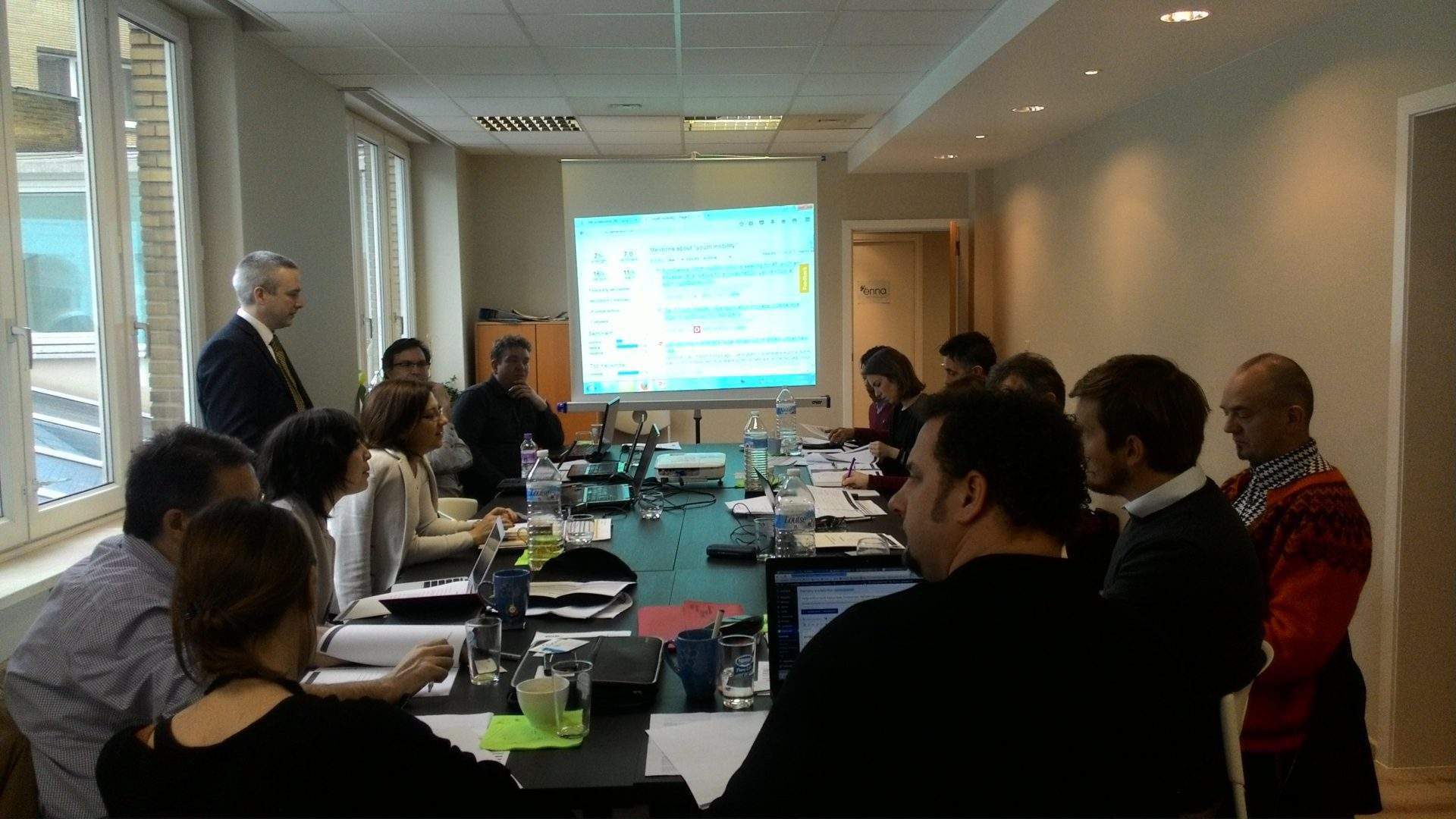
In order to reach this goal, the partners will initially go through a research phase where they will be identifying where young people naturally are in the digital space, using different indicators such as gender, age, education and social environment. They will also undertake a ‘stakeholders mapping’ to single out digital influencers of our society in the field of youth policies and learning mobility.
Subsequently, the partners will work on the production of pieces of digital content to be inserted into the spaces previously identified in order to attract young people and have their reaction. A Digital Dashboard will be created to test and monitor the digital content and aggregate real-time digital conversations on youth related topics, specifically on Erasmus and learning mobility.
The DEEP-linking Youth project will include offline activities, mainly two Boot Camps in Croatia and Hungary, in which young participants will have their chance of creating appealing digital content to be inserted into the digital space and test out the Digital Dashboard. These young participants will have to occasion to rethink the future of the Erasmus+ programme in view of their youth mobility experience.
The project will ensure that EU policy-makers are also engaged through two online chats and different events in Brussels to present the Digital Dashboard experience and discuss about learning mobility programmes. The Digital Dashboard is meant to be a sustainable mechanism that policymakers can use to understand the concerns of young people and take into account their perspectives in the policy decision-making process. In addition, decision-makers, civil society organisations and other actors will benefit from e-participation guidelines and policy recommendations on mobility, which will provide a lasting legacy for the project.
In this way, the DEEP-linking Youth project has the potential to expand and bring an added value to decision-makers by introducing tools for youth engagement. Furthermore, the project is ultimately highly transferable since its outcomes are not restricted to a specific web application, but instead it will be mainstreamed through commonly used tools which will be identified.
The project partners will make all effort to bring innovative solutions that go beyond the current systems by finding ways to reach out to young people directly and make sure their voices are being heard.
For more information about this project please contact Elisa Lironi (elisa.lironi@ecas.org)